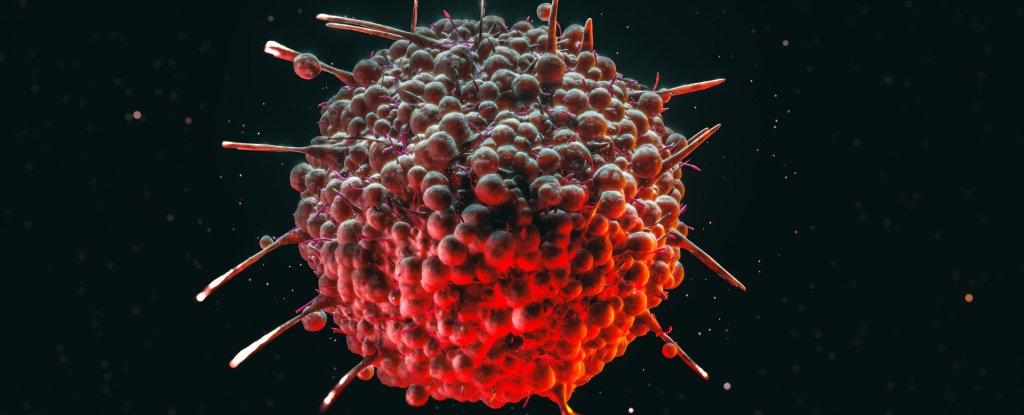ARTICLE AD
Scientists have figured out a non-invasive way to determine if a transplanted organ is failing to take in a patient – no matter if it's a kidney, liver, lung, or heart.
It's the first time that biomarkers of dysfunction have matched across multiple types of transplanted organs, and it hints at the possibility of a blood test that can diagnose early rejection in all transplant scenarios – a tool that doesn't yet exist.
If more research is done, the newly identified biomarkers could even be used to differentiate between various types of organ rejection, including immune issues, inadequate blood supply, or maladaptive repairs.
The survival of a transplant differs between organs, with a long-term success rate of 59 percent for the lungs, 80 percent for the liver, 82 percent for the kidney, and 73 percent for the heart. Rejection can occur at any time after the surgery, even years later, creating a lifelong threat for patients.
Usually, doctors suspect transplant rejection when there are signs that the organ in question is not working at full capacity. But sometimes, patients might not experience any symptoms before failure occurs, and an invasive biopsy is the only way to tell for sure what is going on.
In recent years, several studies have investigated whether there are signs of organ rejection flowing through a patient's blood or urine that can be accessed more easily than via surgery. But potential biomarkers that have been identified are not yet in clinical practice, and they aren't predictive of all organ rejections, usually just one type.
The current study is a meta-analysis that seeks to bridge that gap. Its authors, led by statistician Harry Robertson from the University of Sydney, have analyzed 54 datasets, including 40 kidney, 5 lung, 5 liver, and 4 heart transplant studies.
Comparing individual patient blood samples to their biopsies, the team identified 158 genes that were differentially expressed across all four organs during cases of rejection. That's nearly 20 times higher than what was expected by chance.
"This discovery is pivotal as it allows us to develop strategies to enhance the success rates of all transplants," explains Robertson.
Some of these shared biomarkers are involved in the secretion of proteins that stimulate white blood cells, enzymes that induce cell death, receptors on cells that allow materials in and out, and bone marrow cells involved in the immune response.
Robertson and his team argue that their findings demonstrate a "unifying pan-organ molecular marker". Their method "consistently outperformed" other models that are organ-specific and that are currently being modified for clinical use.
Nevertheless, it remains to be seen if Robertson and his team's method holds for transplants of the pancreas, stomach, or intestine.
The team has made an interactive website that allows scientists around the world to compare possible biomarkers of transplant rejection against other methods, providing a much-needed standardized evaluation.
"This atlas has led to the development of a proof of principle for a universal blood test that can predict the likelihood of transplant rejection before it occurs," Robertson says, "potentially setting a new standard in precision medicine and improving outcomes for transplant recipients worldwide."
Since 1989, the 1-year survival rate for kidney transplants, the most common of organ transplants, has greatly improved, but long-term survival rates have stalled by comparison.
Part of the problem is that doctors still don't have a way to confidently and easily assess the earliest days of organ rejection, when drug intervention could help alleviate issues before total failure takes place and another transplant is required.
"I have noticed many of my patients feel constant anxiety — not knowing if their body is rejecting their transplanted organ or not," explained Northwestern Medicine transplant nephrologist, Lorenzo Gallon, who is studying ways to detect early rejection, in 2023.
"They may have waited years for a transplant and then finally received one from a loved one or deceased donor. Then, they spend the rest of their lives worrying about the health of that organ."
A reliable blood test to monitor transplant rejections could change that for the better.
The study was published in Nature Medicine.

 4 months ago
25
4 months ago
25 

